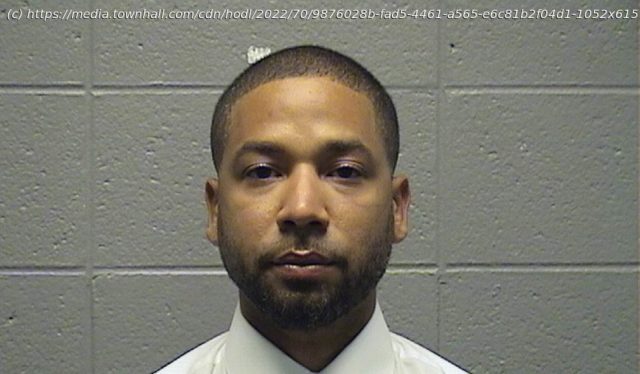Array
Is this vindication for Jussie Smollett? He and his attorneys will certainly paint this decision that way, but don’t buy it for a moment.
In fact, Smollett and his attorneys never raised the question of guilt or innocence in his appeal over Smollett’s hate-crime hoax. Instead, they wisely stuck to technical issues in the second prosecution — and that’s all that the state supreme court in Illinois addressed:
The conviction against actor Jussie Smollett for falsely reporting a hate crime to Chicago police in 2019 has been overturned by the Illinois Supreme Court over prosecutorial issues.
Smollett’s case was reviewed by the state high court, which ruled Thursday that the former «Empire» actor should not have been charged after he entered a non-prosecution agreement with the Cook County State Attorney’s Office.
Actually, even Smollett’s team stops short of claiming that the hoax was anything else but a series of lies. They are instead claiming that the second prosecution was «vindictive» instead:
Breaking: Illinois supreme court reverses Smollett conviction. His atty tells Fox:
“This was not a prosecution based on facts, rather it was a vindictive persecution and such a proceeding has no place in our criminal justice system.
Ultimately, we are pleased that the rule…— Matt Finn (@MattFinnFNC) November 21, 2024
Ultimately, we are pleased that the rule of law was the big winner today.
We are thankful to the Illinois Supreme Court for restoring order to Illinois’ criminal law jurisprudence.”
The court ruling makes clear the limited scope of its decision. Smollett and his team didn’t even raise the issue of innocence, although that’s not unusual on appeals; appellate courts generally defer to the trial court on those matters unless extraordinary circumstances require an intervention. Smollett’s team raised five technical issues on appeal, but the court decided the first was enough to toss the conviction:
Defendant makes the following five arguments on appeal: (1) he entered into a nonprosecution agreement with the State that should be enforced, (2) double jeopardy considerations precluded the second prosecution because he had already been punished for these same offenses, (3) the trial court erred in denying his Rule 412 motion to compel the OSP to disclose to the court for in-camera review its notes from interviews with two key witnesses (see Ill.
Домой
United States
USA — Cinema Illinois Supreme Court Tosses Smollett Hate-Crime-Hoax Conviction on Technicality






